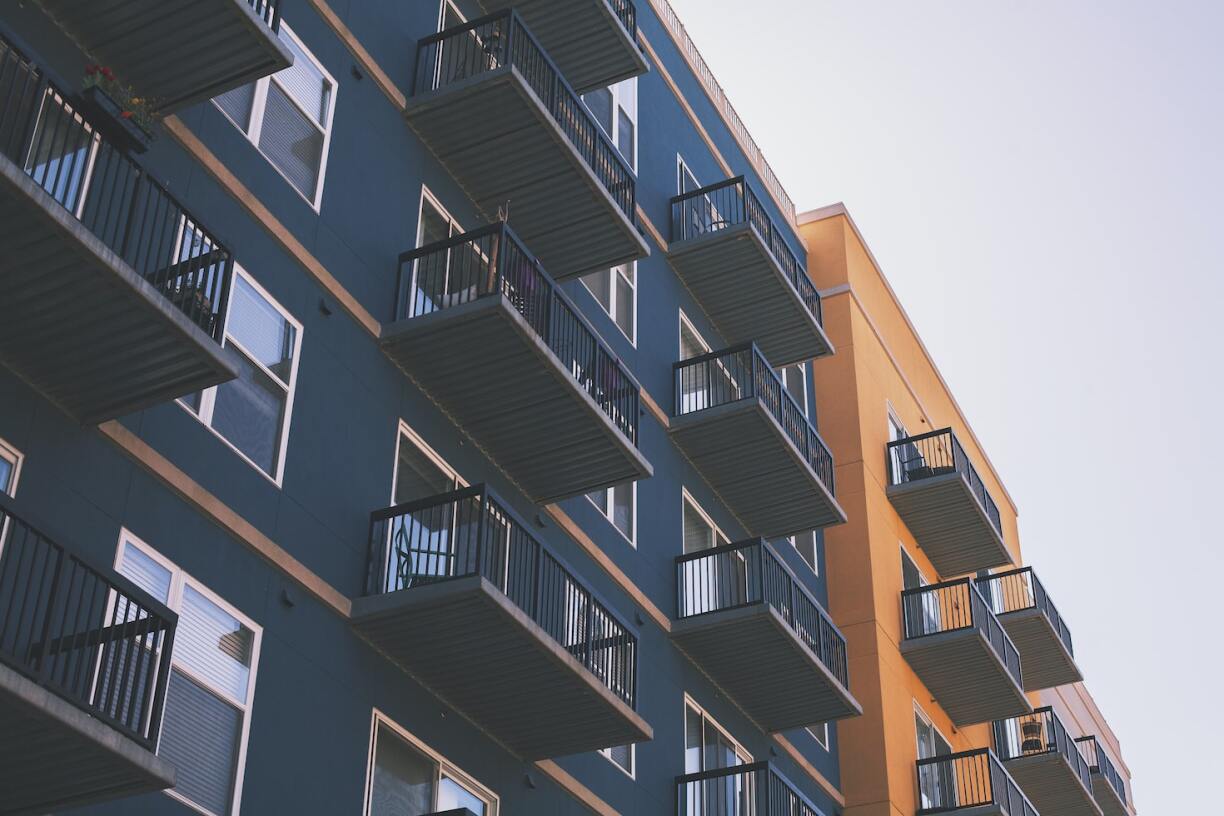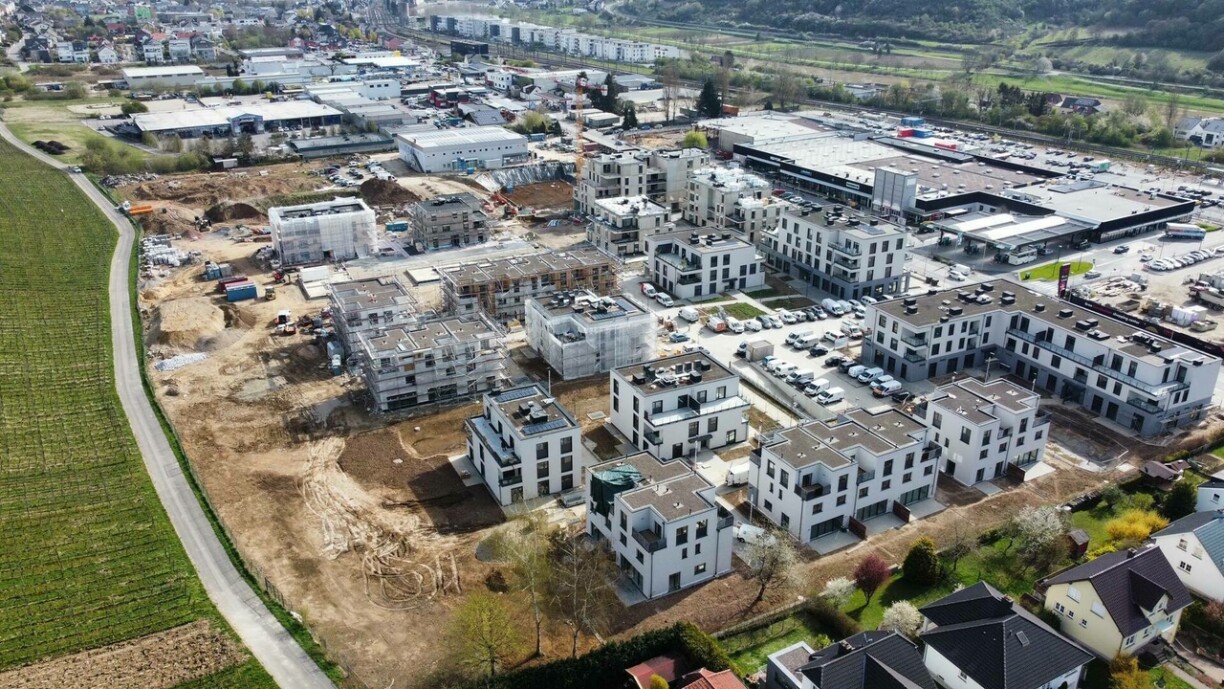
Still unthinkable almost two years ago, a decline in house and flat sales prices has finally started to materialise in the first quarter of 2023. According to figures published by atHome Group on Tuesday morning, advertised prices have fallen by 5.1% over the course of a year. This applies to both houses and flats in all regions.
In the centre of Luxembourg, house prices have fallen by 9%, flat prices by 4.9%. The most significant decline has been registered in the west of the country: -9.8% for houses. In comparison, flats are doing almost well (-1.4%).
The east of Luxembourg shows the greatest average decrease (-6.8%). Prices of flats have fallen by 7% and houses by 6.5%. The situation is less alarming in the south where the decline ranges from 2.2% to 3.6%.
Finally, there is a surprise in the north of the country where house prices have risen sharply according to figures from atHome Group (+10.2%). However, the opposite is true for flats as prices have fallen by 4.3%.
In this context, it is important to note that the average prices communicated by the real estate portal correspond to the advertised prices, meaning those displayed in online ads. The figures therefore do not necessarily reflect the final sale price. In the current state of the market, it is likely that the advertised prices are higher than the sale prices. This is due to the rise in interest rates, which has allowed buyers to gain the upper hand and negotiate prices downwards, even for new properties.
One week ago to the day, the Housing Observatory published the evolution of sales prices in the fourth quarter of 2022. Although the fall in prices was barely noticeable, two trends have been observed: the sharp fall in activity and the significant rise in rents.
On Tuesday, data from atHome Group confirms this last point. Between the first quarter of 2022 and the first quarter of 2023, rents in Luxembourg are said to have increased by 8.7% on average. The increases are most significant in the centre (+10.6%) and the south (+9.8%) of the country.
Surprisingly, rents are reported to have fallen by 1.3% in the east. But, this is the only region where a decrease was recorded. In the north they rose by 8.5% and in the west by 8.6%. This general increase can be explained by a shift in demand. People who were still considering to buy only a year ago had no choice but to switch to the rental market.
“We risk having an inflationary push on rents which can be a real reason for concern” warns researcher Julien Licheron in conversation with RTL 5minutes.

The decline in sales prices and increase in rents is related to the evolution of the property market, currently considered to be in a gridlock. Between high prices, successive increases in interest rates, and the loss of purchasing power, “we can imagine that the peak has been reached” argues Pierre Clément, director of real estate agency Nexvia.
Clément confirms that nothing is happening on the new housing market, a real problem for agencies specialised in the sale of properties still to be completed. “For my colleagues who only do new buildings, it is a disaster”, said the Nexvia director.
“The last quarter was really terrible”, argues atHome CEO Soufiane Saadi, who thinks that the solution will come from “an adjustment” of prices. But, will this be enough to relaunch matter? Not if we are to believe the country’s developers, who have launched a series of appeals for help to the government in recent months.
For his part, Clément thinks that efforts must be made on both sides. “Everyone has to take responsibility and take ‘shock’ measures (...) otherwise, in the short term, we’re going to hit a wall”, he said in conversation with RTL 5minutes.
Licheron does not necessarily share this take and points out that prices “have risen at a rate that made no sense” over the last three years. In this context, he questions the fact that demand is supposed to be “at zero”.